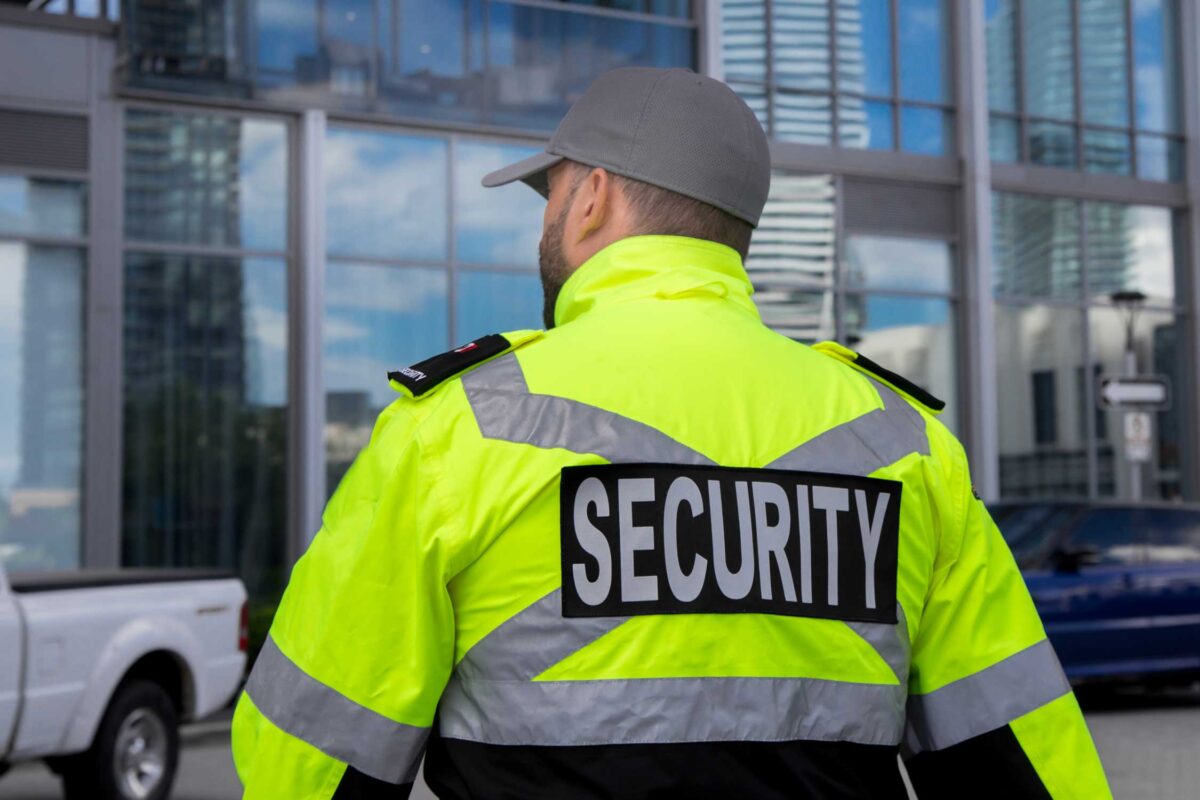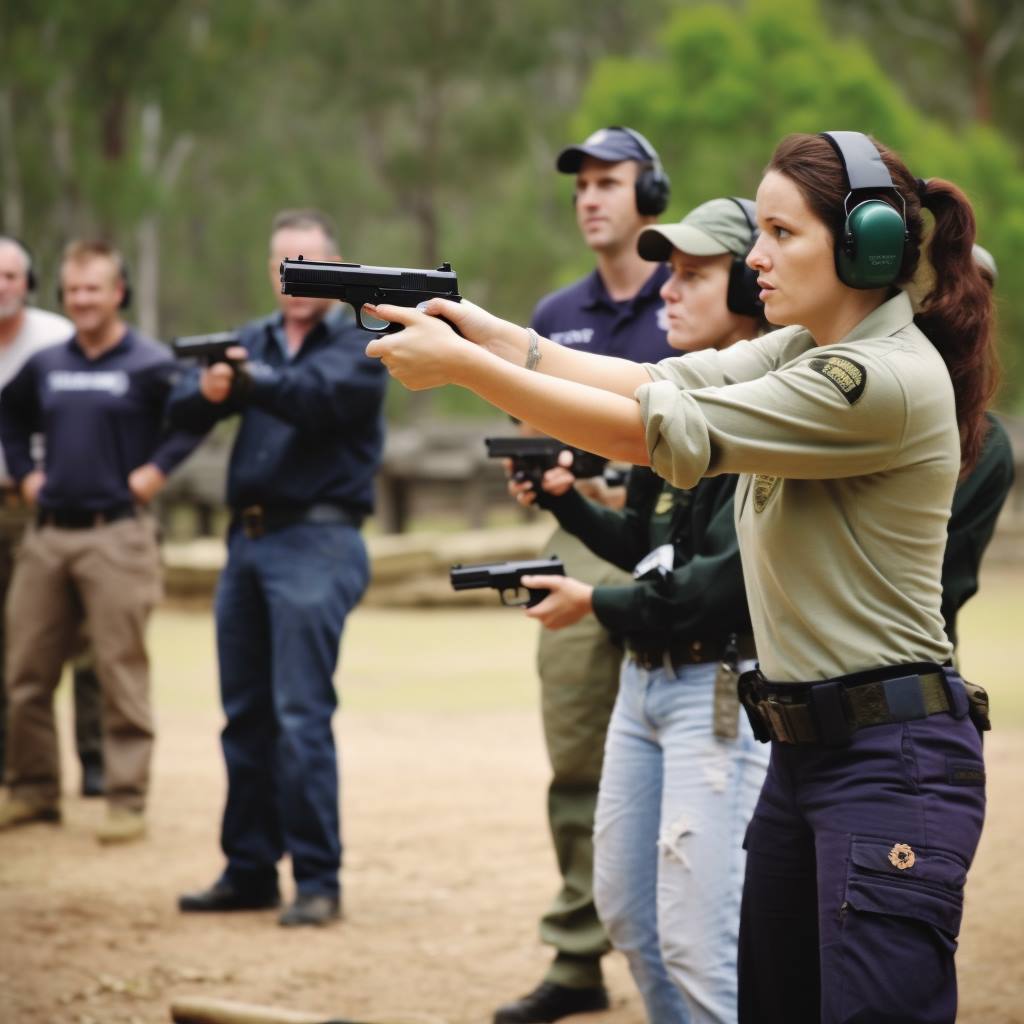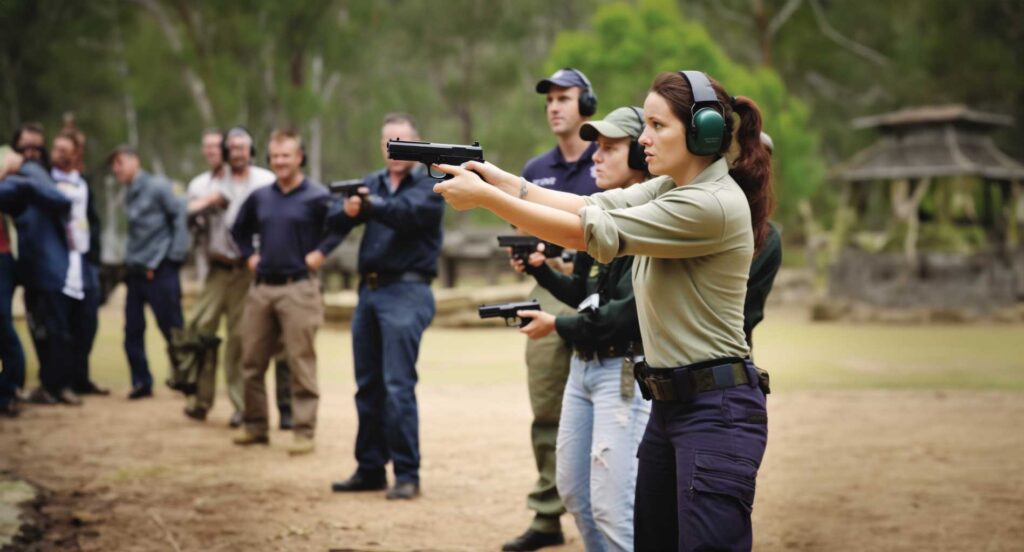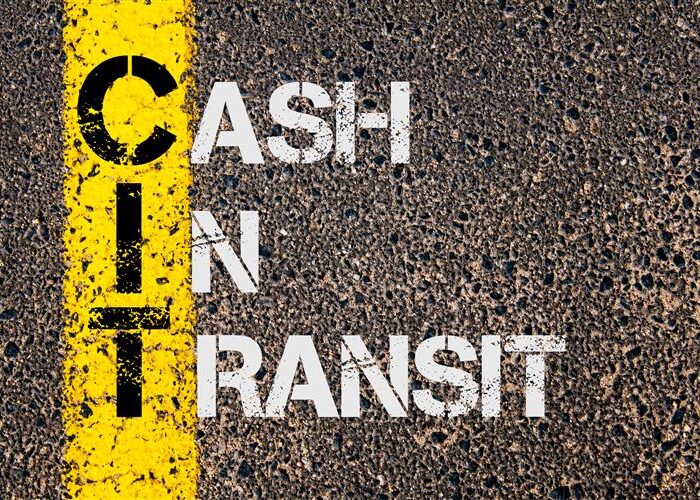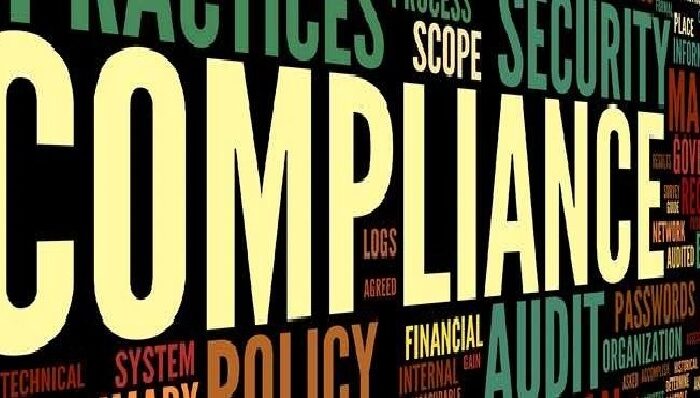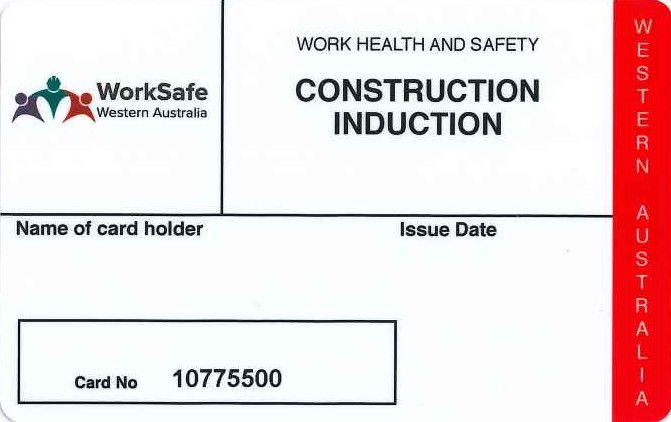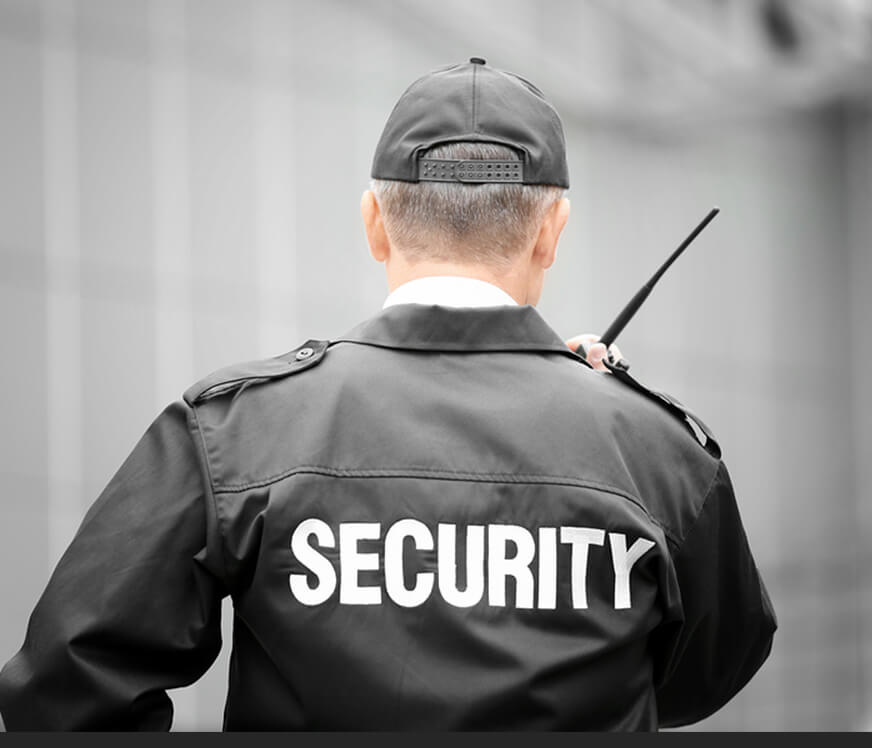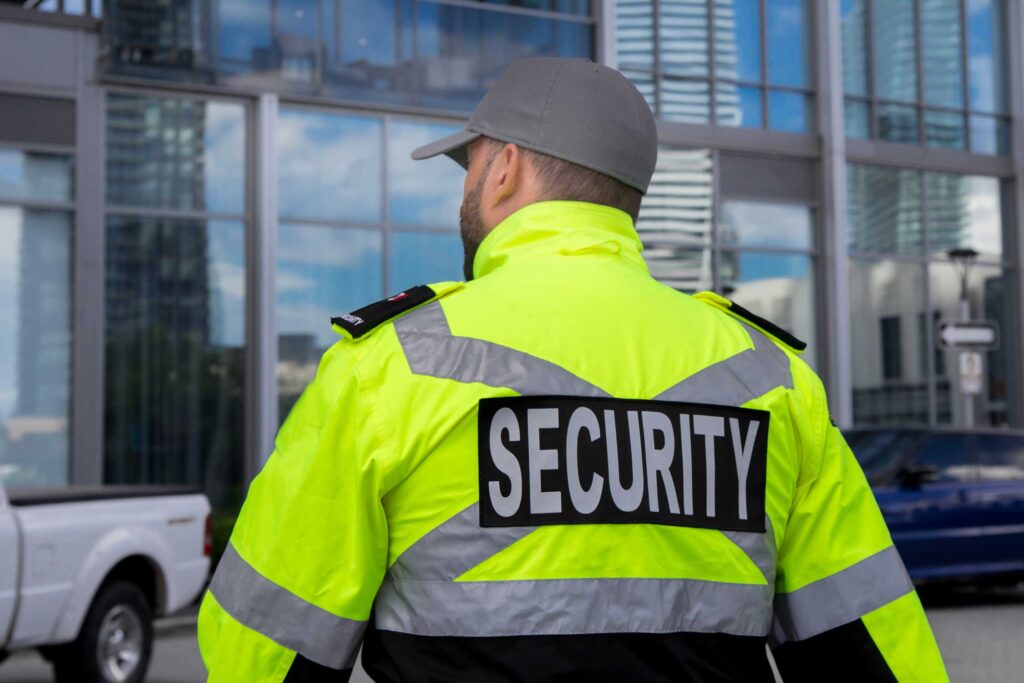
Working in the field of security operations is an incredibly fulfilling and rewarding career. Whether you’re working as a security officer/guard, crowd controller, access control officer, loss prevention officer, mobile patrol officer, event security guard, alarm monitor/dispatcher or security screener – security operations is a fast paced, purposeful and highly important career that seeks to protect individuals and improve the overall wellbeing of the community.
To begin your career in security operations, workers will need to acquire the relevant qualifications. All positions in security operations require the relevant certifications in order to work in the field.
One of the first steps you need to take to work within the industry is obtaining a Certificate II in Security Operations (Cert II). This certification provides a solid foundation and opens doors to various security roles. In this comprehensive guide, we’ll explore what Cert II Security Operations entails and how you can kickstart your security career.
Understanding Cert II Security Operations
Cert II Security Operations is an entry-level qualification designed to equip individuals with the fundamental skills and knowledge required for working in the security industry. It covers a broad range of essential areas, including legal and ethical responsibilities, communication techniques, risk management, and emergency response procedures. By earning this certification, you demonstrate to potential employers that you possess the basic competencies needed to work at a competent standard, expected by employers in the security field.
Course content:
- CPPSEC2101: Apply effective communication skills to maintain security
- CPPSEC2102: Apply legal and procedural regulations to work effectively within a security team
- CPPSEC2103: Apply WHS, emergency response and evacuation procedures to maintain security
- CPPSEC2104: Apply risk assessment to select and carry out response to security risk situations
- CPPSEC2105: Provide quality services to a range of security clients
- CPPSEC2106: Protect self and others using basic defensive techniques
- CPPSEC2107: Patrol premises to monitor property and maintain security
- CPPSEC2108: Screen people, personal effects and items to maintain security
- CPPSEC2109: Monitor and control access and exit of persons and vehicles from premises
- CPPSEC2110: Monitor and control individual and crowd behaviour to maintain security
- CPPSEC2111:Apply security procedures to manage intoxicated persons
- CPPSEC2112: Apply security procedures to remove persons from premises
- CPPSEC2113:Escort and protect persons and valuables
- HLTAID003: Provide first aid
Diploma of Security Risk Management CPP50619
How to Kickstart Your Security Career with Cert II Security Operations
If you’ve decided you want to work in the Security, here’s how you can advance your career utilising the Cert II Security Operations qualification.
Research and understand the industry
whether you’re new to the industry or you’ve been working in the industry for some time, it’s always beneficial to research and update yourself with current trends within the field. Research various sectors, job roles, news, laws and key figures. Gain insights into the skills and qualifications required for different positions to help you make informed decisions about your career path. Consider career pathing such as, Cash-in-Transit, Body guard and Security Risk Consultant.
Identify training providers
Look for reputable training providers that offer Cert II Security Operations courses such as our team at Paragon Corporate Training. We’re leaders in nationally recognised and WA Police approved security training. With over 24 years’ experience, Paragon Training has an excellent reputation in the security industry, making us your number one choice when it comes to quality training. Check out our 670 + (5 star-reviews on google.)
Enrol in a Cert II Security Operations course
Once you’ve identified suitable training providers, enrol in a Cert II Security Operations course that fits your schedule and preferences. The course covers topics such as effective communication skills to maintain security, legal regulations, incident/emergency response, risk assessment, defensive techniques , first aid and more. Courses at Paragon Corporate Training run throughout the year with the next course commencement date appearing under the “Description” and above the course’s content on the course’s page here.
Actively participate in training
Make the most of your training by actively participating in class activities, practical exercises, and discussions. Engage with your instructors, ask questions, connect with your fellow students, and take notes throughout the course as this will enrich your learning experience and will help you build a professional network. In order to receive certification, you will need to be present for the entire duration of the course. You will also be required to pass an independent theory test administered by SAIWA (Security Agents Institute of WA). Paragon Corporate Training have a 100% pass rate on completing the SAIWA test, such is the quality of our training and development.
Gain practical experience
Once you’ve completed your training,passed your SAIWA test and obtained your licence from WAPOL, it’s now time to apply your knowledge and skills to the job. Practical experience will enhance your resume and make you more competitive in the job market. With education and experience listed on your resume, you will quickly advance your career. Experience working in the security industry also enhances your opportunities for RPL (Recognition of Prio Learning) for highe qualifications such as Cert III in Security Operations, Cert III in Close Personal Protection, Cert IV in Security Management and Cert IV in Security Risk Analysis.
Network and build professional relationships
If you’re new to the industry, you might not have a network of professionals in the security industry. To build your network, attend industry events, conferences, and seminars to expand your professional network. Even during your training at Paragon, we will provide you with new connections to employers (Security and Crowd Control Agents), to assist you in gaining immediate employment once you have obtained your security / crowd control licence from WAPOL. After 24 years in the industry as WA’s longest serving and most reputable security training RTO, our network is unparalleled.
Continuously update your skills
When employers see consistent education and upskilling, it shows a commitment to the security industry that will set you apart from other applicants. Pursue continuous professional development opportunities and consider further certifications to advance your career.
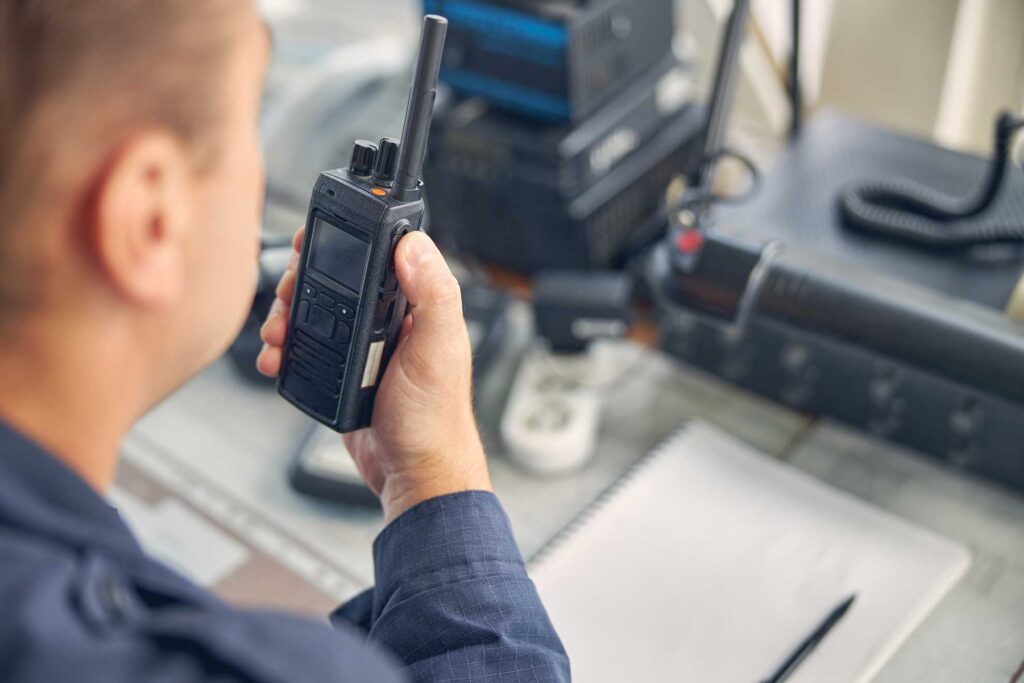
Security Training At Paragon Corporate Training
Obtaining a Cert II Security Operations certification is an excellent starting point for individuals looking to kickstart their security career. It provides a solid foundation of skills and knowledge, enhances employability, and opens doors to diverse security roles. By following the steps outlined in this comprehensive guide, you can set yourself on a path to success in the dynamic and rewarding field of security operations. Remember, learning is a continuous process, so stay motivated, adaptable, and committed to developing your skills as you progress in your security career.

